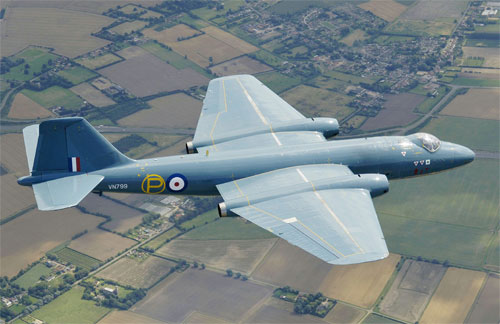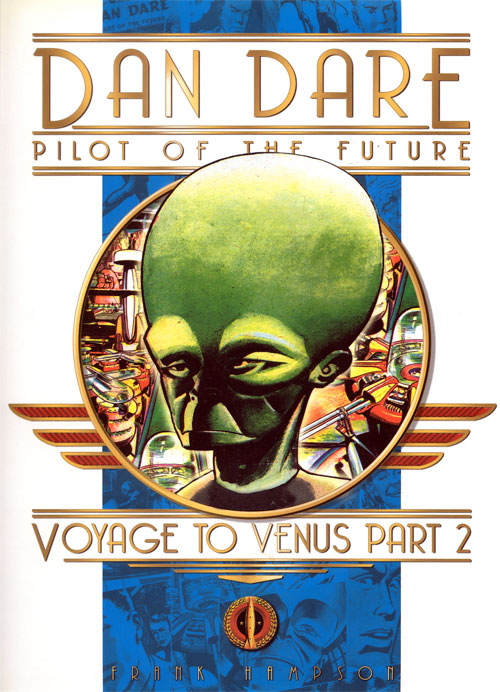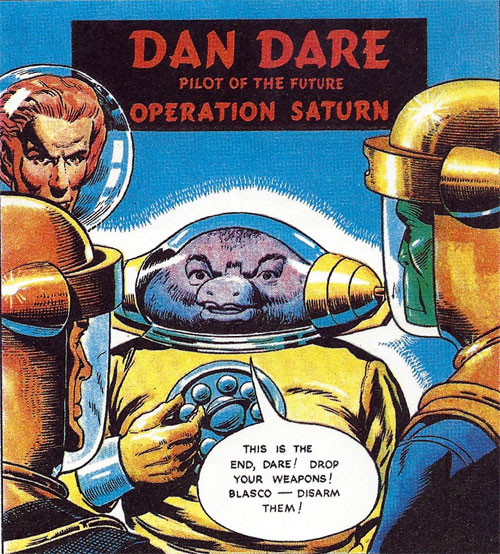So you’d like to…
read the Molesworth books, but you’re afraid you might get lost? Not to worry, help is at hand.
The Molesworth books are considered absolute classics in the UK. The quartet consists of:
Down with Skool!
How to Be Topp
Whizz for Atomms
Back in the Jug Agane
and an omnibus edition,
The Compleet Molesworth, reprinted as
Molesworth (Penguin Modern Classics)
For those who can’t remember (or never knew) Britain in the ’50s, here is a
Cultural Glossary
11-Plus — Exam given in the last year of primary education.
999 — British emergency services number.
A90 — Austin motor car, introduced in 1954.
Andy Pandy — Puppet star of a TV show for toddlers.
Archer family — Stars of a well-known long-running radio soap opera The Archers.
B.O.A.C. — British Overseas Airways Corporation, subsequently rolled into British Airways.
Bailey — Trevor Bailey, noted English Cricketer.
Bedser — Alec Bedser, another noted English Cricketer.
Blotch — Blotting paper. Work in ballpoint was not accepted in those days.
Bob — One shilling in old (predecimal) currency.
Bob Cherry — Character in Billy Bunter stories. See Greyfriars.
Bookie — Bookmaker, an organization or a person that takes bets on sporting events at agreed-upon odds.
Brane of Britain — A BBC radio general knowledge quiz, not a concept from string theory.
Broads — The Norfolk Broads, a network of mostly navigable rivers and lakes.
Bubbles — Angelic subject of a portrait by Millais.
Bulldog Drummond — Hero of adventure stories by Sapper (H.C. McNeile). Compendium of first four books at a bargain price: Bulldog Drummond: The Carl Peterson Quartet.

Canbera bomber — First-generation British jet bomber.
Chatterbox — A weekly paper for older children.
Christopher Chataway — Noted British runner, later a politician.
Christopher Robin — Little boy in A.A. Milne’s Winnie the Pooh stories.
Coal — Carbon-based substance used as fuel until the death of several thousand Londoners from smog in 1952 caused it to be banned.
Coconut Shy — Traditional game frequently found as a sidestall at funfairs. The game consists of throwing wooden balls at a row of coconuts balanced on posts. Typically a player buys three balls and wins each coconut successfully dislodged.
Comet — De Havilland Comet, world’s first commercial jet airliner.
Conkers — “an old-fashioned game which have been played by generations of British boys. You kno what hapens you pick up a huge horse chestnut which look absolutely super like a derby winner and put some string through it. Then you chalenge grabber or gilibrand who have a conkerer of 20.
[…]
“Honour your oponent and turn round on the points of your toes. After that you whirl your conker round and hurl it at the dangling target hem-hem. Successful conkers are always shriveled and weedy. Wot hapens is that your conker either shaters into a milion pieces or flies through the nearest window crash crash tinkle tinkle.”
When your conker has shattered its first opponent, it becomes a 1-er (if the victim is virgin). If yours is a 5-er and shatters a 20-er, it becomes a 26-er (the sum of the scores, plus 1 for the current game). And so on.
Cowdrey — Colin Cowdrey, yet another noted English Cricketer.
Duck (’s egg, cricket) — To be out for a duck (or make a duck) is to be out without making any runs.
Foopball pools — betting pools based on predicting the outcome of top-level foopball matches.
G.C.E. — General Certificate of Education: exams taken at school-leaving age.
Gabbitas-Thring — Educational consultants, suppliers of teachers to public schools.
Gilbert Harding — noted English TV game show panellist.
Golliwog — Child’s black rag doll, now vanished into the Limbo of the politically incorrect.
Googly (cricket) — An off break bowled with an apparent leg-break action. Got that?
Greyfriars — School inhabited by Billy Bunter, fictional character created by Frank Richards (1876–1961). First story: Billy Bunter of Greyfriars School.
Half a crown — Two shillings and sixpence, old (predecimal) currency. There was (of course) no such thing as a crown in general circulation.
Harry Wharton — Another character in Billy Bunter stories. See Greyfriars.
Hornby (trane) — Noted model-making firm.
Lady Boyle — Katie Boyle, noted TV personality (mentioned in Monty Python’s Spot the Loony sketch).
Lester Piggott — Noted English jockey.
M.C.C. — Marylebone Cricket Club, the governing body of cricket.
McDonald Hobley — Noted BBC announcer.
Madame Tussaud’s — Noted wax museum in London.
Malteasers — Sweets consisting of a honeycomb centre surrounded by milk chocolate.
Muffin the Mule — Puppet star of children’s TV show.
NAAFI — Navy, Army and Air Force Institutes: ‘a company created by the British government on 9 December 1920 to run recreational establishments needed by the British Armed Forces, and to sell goods to servicemen and their families’.

News of the World — A British tabloid newspaper.
Pi-jaw — Lecture.
Players — Brand of cigarettes.
Pukon — Proxy (probably for copyright reasons) for The Mekon. See Treens.
Queen Mary — Famous ocean liner.
Quid — One pound sterling.
Royal George — A 100-gun ship of the Royal Navy that sank at Portsmouth in 1782.
Ruff or smooth? (tennis) — Method of choosing who serves first by spinning a (wooden) raket instead of a coin.
Sabrina — The Paris Hilton of her day, née Norma Ann Sykes.
Scobie Breasley — Noted Australian jockey.
Sir John Moore — British general killed at the Battle of Corunna (1809).
Sir Roger de Coverly — An English country dance.
Stirling Moss — Noted English racing driver.
Strip the Willow — Another English country dance.
Tanner — Sixpence in old (predecimal) currency.
The City — Nickname for the City of London, as well as the financial industry located there.

The Water Babies — Cloying children’s novel by the Reverend Charles Kingsley. If you really must: The Water-Babies (a Fairy Tale for a Land-Baby).
Tommy Steel — England’s initial answer to Elvis Presley (né Thomas Hicks), audible on The Very Best of Tommy Steele.
Treens — Green venusian myrmidons of that most unforgettable villain The Mekon (whose portrait you can see on the cover of Part 2 of Voyage to Venus), from the splendid contemporary comic-book series Dan Dare (of the Eagle comic).
Turkish Delight — Sweets made from starch and sugar.
Vora — Another villain from Dan Dare (see Treens): specifically, Operation Saturn, Part 2.
Warde Fowler — English historian and ornithologist.
Wine Gums — Chewy, firm sweets similar to gumdrops, except they are not sugar-coated. They contain no wine.
Wonder Horse — Champion, equine star of 1950s TV series with an apparent IQ of around 160. Original US title: Adventures Of Champion.
X-Certificate — British Board of Film Censors rating, denoting suitable for those aged 16 and over.
